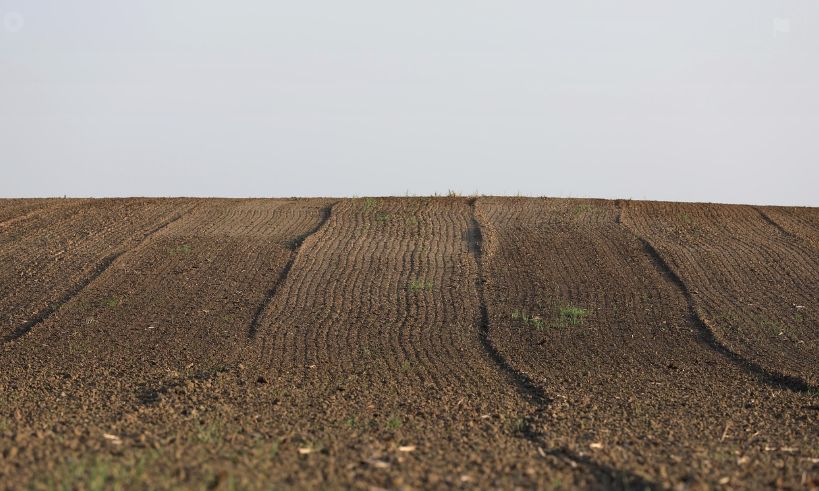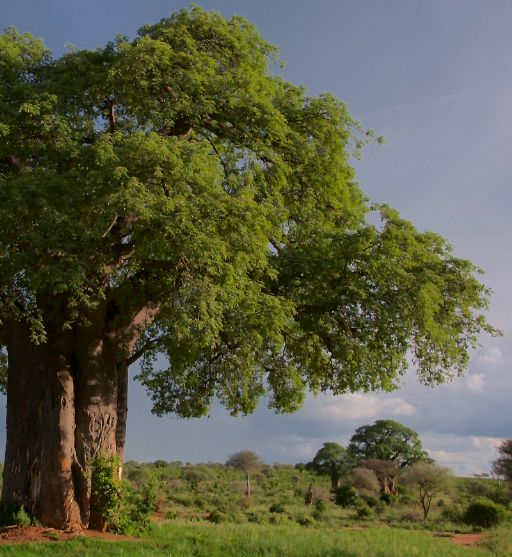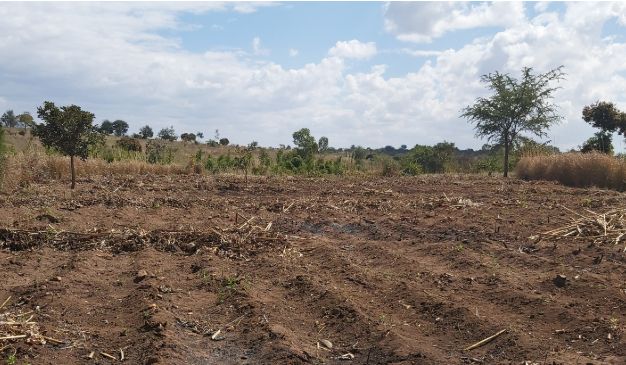In Malawi, when people hear about real estate, most of them think of big houses in Area 43, commercial shops in Blantyre CBD, or rental flats in Lilongwe’s Area 25. But what many don’t realize is that rural areas—yes, even places like Mpingu, Chitipi (Lilongwe), Mpherembe (Mzimba), and Bangula (Nsanje)—hold massive potential for real estate development. The idea that business yokhudza nyumba (real estate business) is only for the cities is changing, slowly but surely.
In this article, we’ll explore how Malawians can tap into the growing opportunities of real estate development in rural areas. We’ll look at places like Mpingu and Chitipi in Lilongwe, parts of Mzimba such as Embangweni and Edingeni, and southern districts like Nsanje—especially places like Tengani, Bangula, and Nsanje Boma.
1. Why Rural Areas Now?
For many years, midzi (villages) have been seen as places to retire, not to invest. But that’s changing. Here are some reasons:
- Population Growth: Malawi’s population is growing fast, and rural trading centres are becoming semi-urban.
- Infrastructure Development: Roads, electricity (magetsi), and mobile networks are expanding into villages.
- Diaspora Investments: Malawians in South Africa, the UK, and elsewhere are building back home, even in rural areas.
- Cheaper Land (Malo): Buying land in rural areas is still affordable compared to town areas.
2. Types of Real Estate Opportunities in the Villages.

Land for agriculture
a. Rental Houses (Nyumba Zobwereka)
In rural trading centres like Mpingu, Malingunde, and Chitipi, there is an increasing demand for affordable housing, especially for:
- Civil servants like teachers and health workers.
- Businesspeople who trade in local markets.
- Youth returning from towns but wanting to start afresh at home.
Even in Mpherembe or Euthini (Mzimba), small towns need nyumba zabwino (decent houses). A simple 2-bedroom house built with cement blocks and iron sheets can be rented for MK15,000–MK35,000 per month, depending on location and finish.
b. Shops and Warehouses (Masitolo ndi Malo Osungira Zinthu).
Trading centres such as Bangula in Nsanje and Mbalachanda in Mzimba are booming with small-scale businesses. People need buildings to open:
- Grocery stores (masitolo a katundu).
- Pharmacies (masitolo azamankhwala).
- Agro-dealers (ogulitsa feteleza ndi mbewu).
A small shop built near a busy trading centre can be rented for MK10,000–MK25,000/month depending on area.
c. Guest Houses and Lodges.
Places like Chitipa, Mzimba Boma, and Nsanje Boma receive government workers, NGOs, or travelers who need overnight accommodation. Building a small guest house (nyumba za alendo) with just four or five rooms and running water (madzi oyenda) can bring steady income.
3. Spotlight: Promising Areas in Lilongwe, Mzimba, and Nsanje.
Mpingu & Chitipi – Lilongwe District
These are not just villages anymore—they are fast-growing semi-urban zones. Located along the Mchinji Road, they have:
- Trading centres with bustling activity.
- Access to Lilongwe City.
- Nearby schools and clinics.

Land is still cheap here—some plots sell at MK150,000–MK400,000 depending on size and location. That’s a big difference from Area 49 where a plot might cost MK20 million or more!
Mpherembe, Edingeni, Embangweni – Mzimba District.
Mzimba is vast and full of opportunity. Places like Edingeni are gaining value because of their cultural significance and local commerce. Mpherembe has secondary schools, health centres, and rising businesses. Young people from this area often go to South Africa and come back with capital to build.
These areas are ideal for:
- Small rental flats.
- General dealer shops.
- Bottle stores (malo ogulitsa mowa).
Bangula, Tengani, and Nsanje Boma – Nsanje District.
Southern Malawi has its own goldmine. The Lower Shire may be hot, but business is thriving. Bangula especially is a hub with:
- Roads connecting to Chikwawa and Mozambique.
- Traders and cross-border travelers.
- Development projects from NGOs and government.
Real estate here can include:
- Storage buildings for cotton or maize (malo osungira katundu).
- Brick guest houses for travelers.
- Boarding houses for students attending secondary schools.
4. Challenges You Must Prepare For.
It’s not all rosy. Rural real estate has its own zovuta (challenges):
- Land Disputes: Customary land (malo a makolo) must be handled with chiefs and documented carefully.
- Access to Building Materials: In deep rural areas, cement and iron sheets may be expensive due to transport costs.
- Low Initial Rental Prices: You may wait longer to earn your full returns compared to urban centres.
5. Tips for Succeeding in Rural Real Estate.
- Engage Local Chiefs (Mfumu): Build relationships before buying land.
- Go for Durable Materials: Use cement blocks (matope a konkire) instead of mud for long-term value.
- Build for the Area: In Nsanje, design houses with ventilation; in Mzimba, consider colder conditions and roofing.
- Think Multipurpose: A house that serves as both a residence and a shop is valuable in trading centres.
- Plan for Growth: Areas like Mpingu and Chitipi may soon be absorbed into Lilongwe city expansion—invest now before prices rise.
6. The Future is Rural.
The government and development partners are slowly decentralizing services. More schools, clinics, and markets are being built in rural areas. This means more workers, more movement, and more housing needs. Whether it’s a teacher renting a room in Embangweni or a trader needing a shop in Bangula—rural demand is rising.
In 10 years, today’s village may be tomorrow’s town. If you want to grow your wealth through real estate but can’t afford Blantyre or Lilongwe city plots, mudzi is your best chance.
Final Word: Don’t Wait for a Boom—Be the Boom.
Real estate in rural Malawi is like buying land in Area 18 in the early 90s. It looked like a joke then, but it’s gold now. Whether you come from Mzimba, Lilongwe, or Nsanje—your home area could be your biggest investment opportunity.
Start small, build wisely, and remember—nyumba ya nzeru imayamba ndi njerwa imodzi (a wise house begins with one brick).
Do you want ideas for the best house designs, shop plans, or rental models for rural Malawi? Ask Us In the section.
You may also like to learn How To Turn Our Farming into an Investment, Not Just for Survival.
